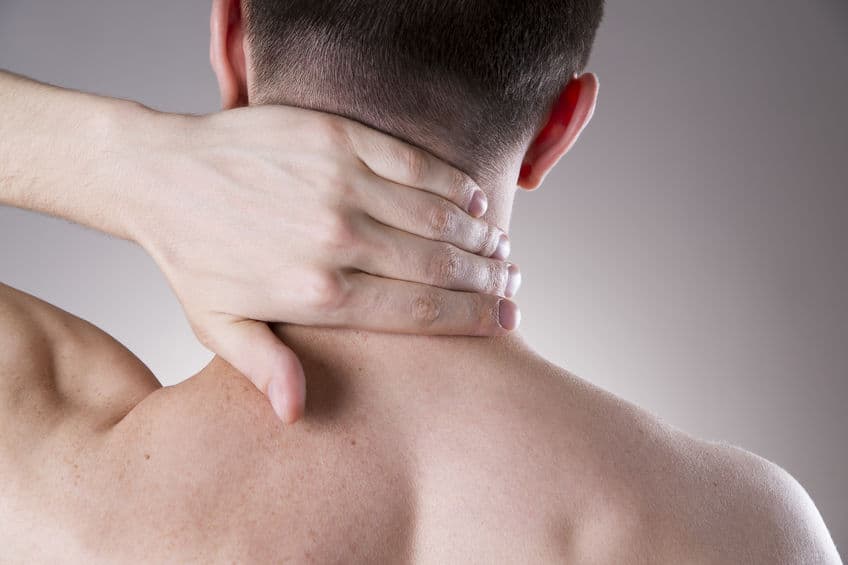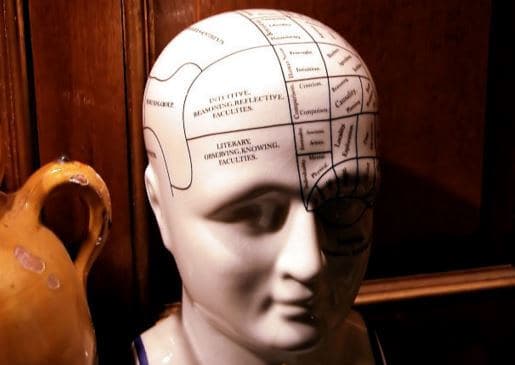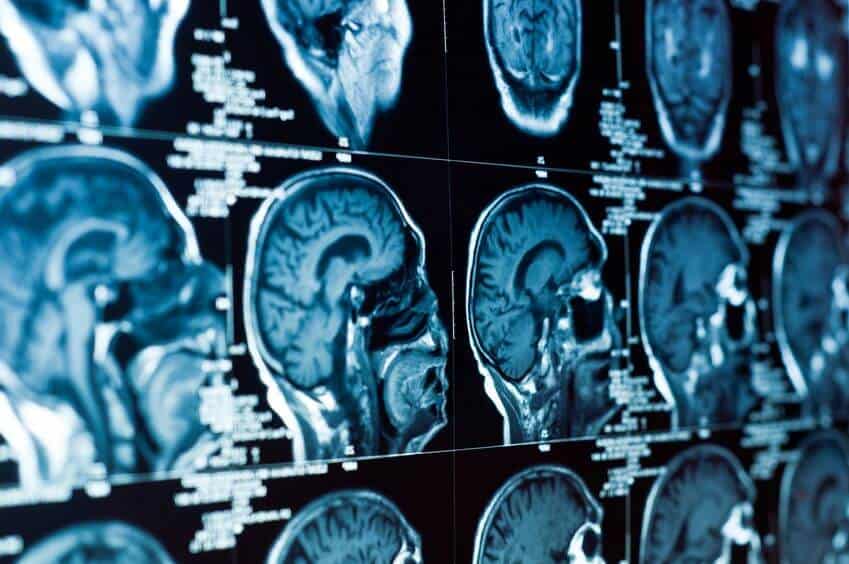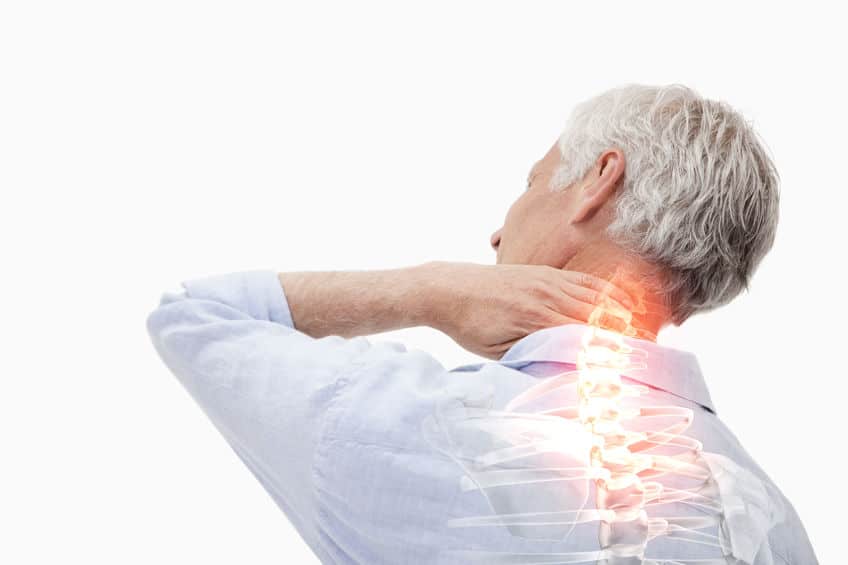Symptoms of a Concussion
Brain injuries differ from other types of injuries because the symptoms may not always be visible. Still, it is important to be able to diagnose a concussion or brain injury as soon as possible. Below are some of the most common symptoms:





